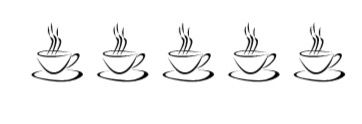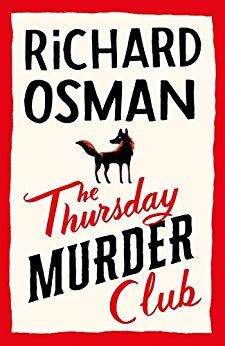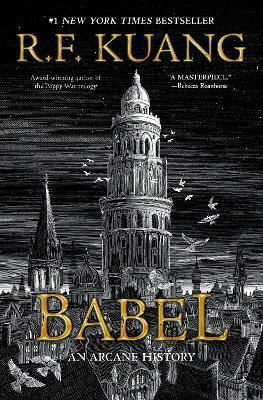If We Were Villains
- Bart Verdeyen
- Oct 13, 2022
- 3 min read
Updated: Dec 2, 2022
by M. L. Rio
Disclaimer: This site earns a small commission fee if you buy using any of the commercial links. This will not cost you anything extra, but helps me invest in the content I offer you free of charge. As an Amazon Associate I earn from qualifying purchases. Thank you for your patronage, it makes all the difference!

About this book
Oliver Marks has just served ten years in jail - for a murder he may or may not have committed. On the day he's released, he's greeted by the man who put him in prison. Detective Colborne is retiring, but before he does, he wants to know what really happened a decade ago.
As one of seven young actors studying Shakespeare at an elite arts college, Oliver and his friends play the same roles onstage and off: hero, villain, tyrant, temptress, ingenue, extra. But when the casting changes, and the secondary characters usurp the stars, the plays spill dangerously over into life, and one of them is found dead. The rest face their greatest acting challenge yet: convincing the police, and themselves, that they are blameless.
“For us, everything was a performance.” A small, private smile catches me off guard and I glance down, hoping he won’t see it. “Everything poetic.” , If We Were Villains, by M. L. Rio

Count your Coffees!
I find it impossible to review If We Were Villains without comparing it to 'that other Dark Academia book', The Secret History, by Donna Tartt. After all, even its' own cover seems to do so!
So I'll start with what I think is the main difference between both books. If find If We Were Villains the more accessible read: the writing is more fluent throughout the book. Despite it contains many dialogues and snippets from various Shakespeare plays, the writing is less dense. The clever and thematic design choice of structuring the book as a play (with acts, scenes, sometimes even script dialogue) allows for an easier read.
This book is not just structured as a play, or is it about a Shakespearian play. No, it is a true Shakespearian tragedy, with deeply troubled characters, true human tragedy and a turmoil of conflicting emotions. The struggles are real and perhaps ever so more relatable, since the characters seem less alien and detached than, again, the ones in The Secret History.
While this book doesn't need to win over the reader with plot twists, it remains compelling enough to catch the reader off guard now and then and have you anxious to read on. Perhaps the ending was a bit of a gamble and I can imagine some people will be disappointed with it, but for me it was the ideal end of 'the play'. Exit stage left.
I can imagine the large amount of snippets from Shakespeare might turn some people off. Personally, I liked this, but having studied a lot of English Lit at school, I might be biased. It's not necessary to know Shakespeare to enjoy the book however, and it can be a great gateway to get to know some of his plays.
In many ways, this book was what The Secret History could have been. In its' defense though: The Secret History was the trailblazer that brought the genre to life, while this book only had to improve on it.
Exeunt omnes!
Buy this book: https://amzn.to/3gURrbo
This site earns a small commission fee if you buy using any of the commercial links. This will not cost you anything extra, but helps me invest in the content I offer you free of charge. As an Amazon Associate I earn from qualifying purchases. Thank you for your patronage, it makes all the difference!








Comments